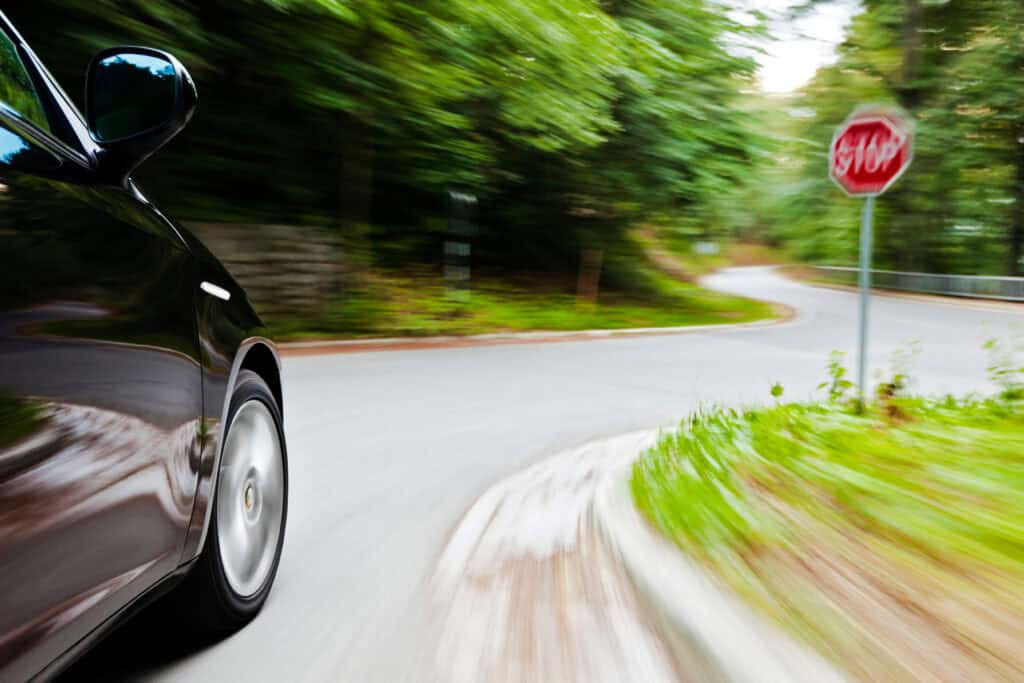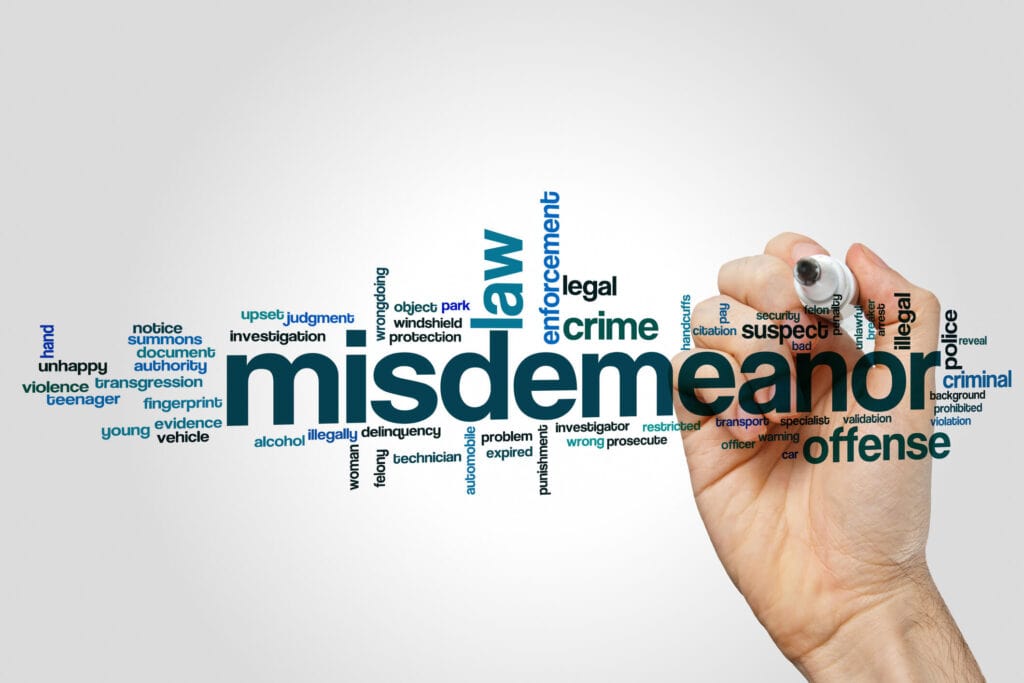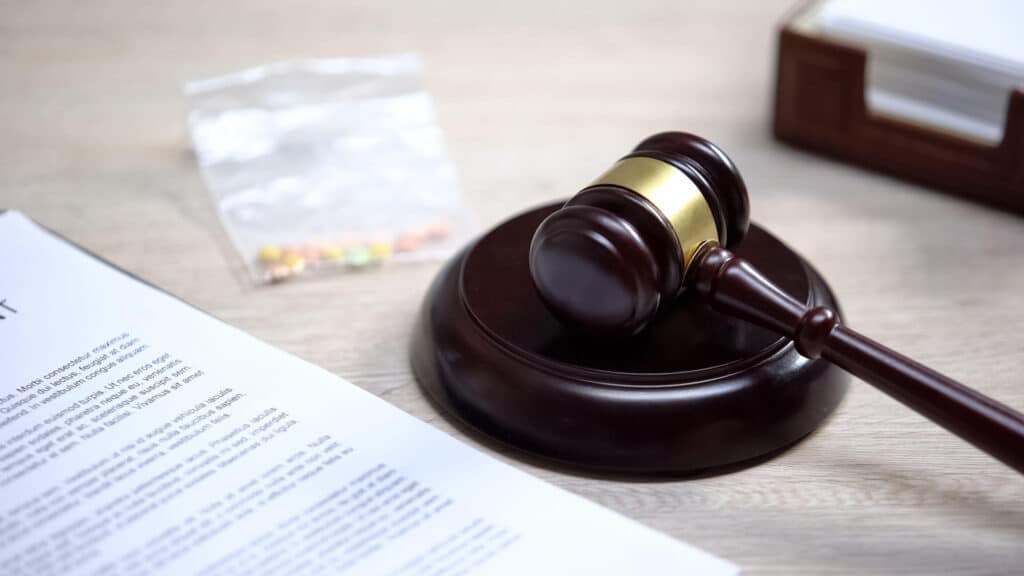Understanding the legal distinctions between careless driving and reckless driving in Nevada is crucial for all drivers. While these traffic violations may appear similar, they are treated very differently under Nevada law, primarily due to differences in intent, risk, and harm. Reckless driving is clearly defined in the Nevada Revised Statutes (NRS), while “careless driving” is not directly codified but is often cited under general traffic laws or municipal ordinances.
The penalties, legal definitions, and long-term consequences vary significantly. This guide explains how Nevada law treats each offense, provides real-world examples, and offers insight into defense strategies. For personalized legal guidance, it’s strongly recommended that you consult a qualified Nevada traffic attorney.
What Is Careless Driving in Nevada?
Unlike reckless driving, careless driving is not defined under a specific statute in the NRS. Instead, law enforcement may cite a driver under local ordinances or general traffic laws for behaviors deemed inattentive or unsafe.
Careless driving usually involves negligence or a lapse in attention rather than willful misconduct. Examples include:
- Failing to use a turn signal
- Driving slightly over the speed limit
- Using a mobile phone while driving (without causing major risk)
- Failing to yield the right-of-way
- Improper or unsafe lane changes
While not considered criminal, such conduct can still result in traffic citations, fines, points on your driving record, and higher insurance premiums. The DMV may assign points based on the specific traffic violation cited (e.g., NRS 484B.223 for improper lane changes).
Consequences may include:
- 1 to 4 demerit points (depending on the cited statute)
- Traffic school requirements
- License suspension if 12 or more points accumulate in 12 months (per NRS 483.473)
- Potential civil liability if an accident occurs
What Is Reckless Driving in Nevada?
Reckless driving is clearly defined under NRS 484B.653. It occurs when a person drives a vehicle with willful or wanton disregard for the safety of persons or property.
Common examples include:
- Driving 30+ mph over the posted speed limit
- Street racing (including drag racing on public roads)
- Evading law enforcement (not complying with a lawful stop)
- Aggressive lane weaving at high speeds
- Driving while impaired (which may also lead to a separate DUI charge under NRS 484C.110)
Penalties under NRS 484B.653 include:
- First offense (misdemeanor):
- Up to 6 months in jail, fines between $250 to $1,000, and 8 demerit points
- Second offense within 2 years:
- Fines up to $1,500 and up to 6 months in jail
- Third or subsequent offense or if serious injury or death occurs:
Charge may escalate to a Category B felony under NRS 484B.653(9), carrying:
-
- 1 to 6 years in prison
- Fines from $2,000 to $5,000
- License suspension is mandatory under NRS 483.460
Legal Definitions and Statutory Overview
Reckless Driving:
Codified in NRS 484B.653, the offense requires:
- A willful or wanton disregard for safety
- Risk or danger to persons or property
- May include aggravating factors such as DUI, evasion, or prior convictions
Careless Driving:
No direct definition exists in NRS, but careless or negligent driving may be enforced via:
Local ordinances such as Las Vegas Municipal Code § 11.52.010 (negligent operation)
NRS 484B.603 – Obedience to traffic control devices
NRS 484B.223 – Unsafe lane changes
NRS 484B.600 – Failure to yield

Careless vs. Reckless Driving: A Comparative Table
| Aspect | Careless Driving | Reckless Driving |
|---|---|---|
| Intent | Negligence or oversight | Willful or wanton disregard |
| Legal Definition | Not codified in NRS | NRS 484B.653 |
| Penalty | Citation, fines, points | Jail, license suspension, criminal record |
| Demerit Points | 1–4 (depending on violation) | 8 points |
| Record Impact | Often minor, may affect insurance | Criminal conviction, higher premiums |
| Common Defenses | Lack of evidence, no risk caused | Lack of intent, improper procedure |
DUI and Reckless Driving
Driving under the influence (DUI) is a separate criminal offense under NRS 484C.110, but in some cases, a DUI charge may be reduced to reckless driving as part of a plea deal—if no injury occurred and the defendant has a clean record.
Important Note: DUI reduction to reckless driving is discretionary and depends on the prosecutor, judge, and circumstances.
What Happens After a Citation?
Upon receiving a citation for careless or reckless driving, you may be required to:
- Appear in court (mandatory for reckless driving in most cases)
- Pay a fine or contest the charge
- Consult an attorney for legal strategy
- Gather evidence (dash cam footage, witness statements, etc.)
- Attend DMV hearings if facing license suspension
Failing to respond can lead to a bench warrant and license suspension under NRS 483.450.
Defense Strategies for Driving Charges
At Lipp Law LLC, our attorneys routinely defend clients facing traffic-related charges across Las Vegas, North Las Vegas, and the surrounding areas. Common defenses include:
- Challenging the intent element in reckless driving
- Contesting radar/lidar accuracy or officer observations
- Demonstrating no risk or harm occurred
- Proving law enforcement errors during stops or arrests
- Negotiating plea deals to reduce reckless driving to traffic violations
Long-Term Consequences
Both reckless and careless driving convictions can impact your:
- Employment (especially commercial driving roles)
- Professional licenses (contractors, nurses, CDL holders)
- Auto insurance rates (reckless driving may result in cancellation)
- Immigration status (for non-citizens, convictions may have consequences)
- Criminal record (for reckless driving)
How Lipp Law LLC Can Help
We offer comprehensive legal representation for all driving offenses:
- Case evaluations and consultations
- Defense planning and evidence review
- Court appearances and DMV hearings
- Plea negotiations and appeals
- Personalized legal strategy
We understand how overwhelming a traffic charge can be and work to protect your rights, driving privileges, and future.
FAQs About Careless and Reckless Driving in Nevada
1. Can I seal a reckless or careless driving conviction?
Yes, under NRS 179.245, misdemeanors may be sealed 1 year after case closure, while felonies require a longer waiting period. Conditions must be met.
2. Does reckless driving always involve speeding?
No. It can involve any behavior that shows a willful disregard for safety, including fleeing from police or driving aggressively.
3. Will I lose my license for reckless driving?
Possibly. 8 demerit points or court-ordered suspension can lead to revocation under NRS 483.460.
4. Can a reckless charge be reduced to careless driving?
In some cases, yes—especially if there’s no injury, and your record is clean. Prosecutors may offer this in plea deals.
5. What if I was wrongly cited for reckless driving?
Contact a qualified attorney. Evidence such as dash cam footage or witness statements can help build your defense.
6. Can I be charged with both DUI and reckless driving?
Yes. DUI and reckless driving charges can be filed together. Sometimes DUI is reduced to reckless driving.
7. How long do driving points stay on my record?
Points remain for 12 months from the conviction date (NRS 483.473), though the violation may appear on your driving history longer.
8. Do commercial drivers face stricter rules?
Yes. Reckless driving can lead to CDL disqualification under 49 CFR § 383.51 and result in job loss.
9. Can I represent myself in traffic court?
You can, but it’s not recommended—especially for reckless driving, which carries criminal penalties.
10. Do I have to appear in court for a citation?
Careless citations may be resolved by paying the fine. Reckless driving usually requires a court appearance.
Contact Lipp Law LLC
If you’ve been charged with reckless driving, careless driving, or any traffic-related offense in Nevada, don’t wait. The consequences can be serious. At Lipp Law LLC, we provide experienced, strategic legal defense to protect your rights and future.







